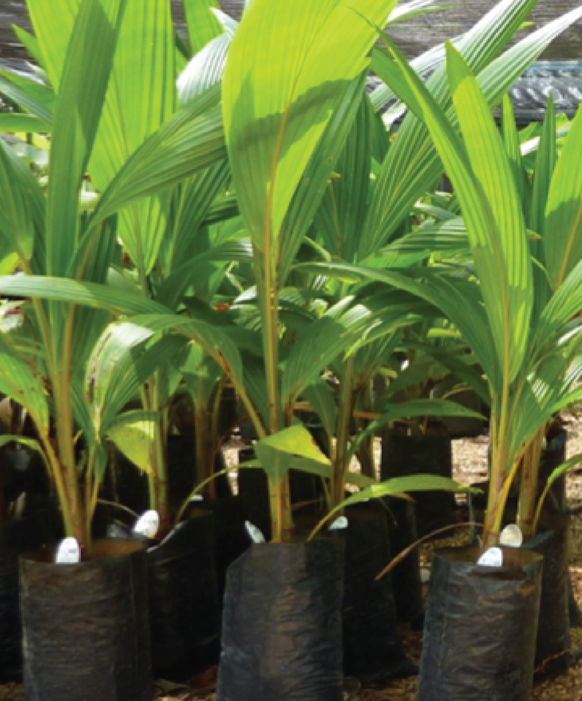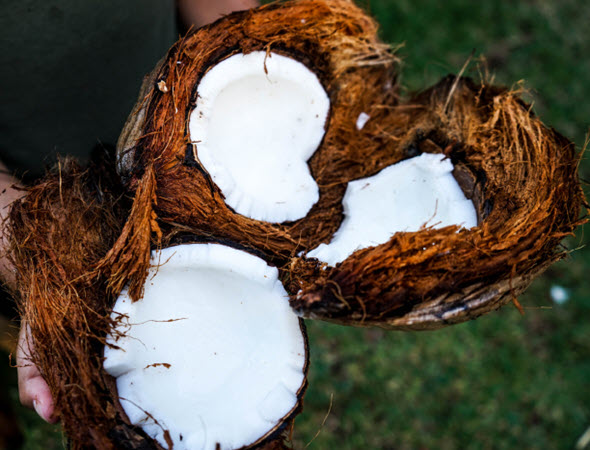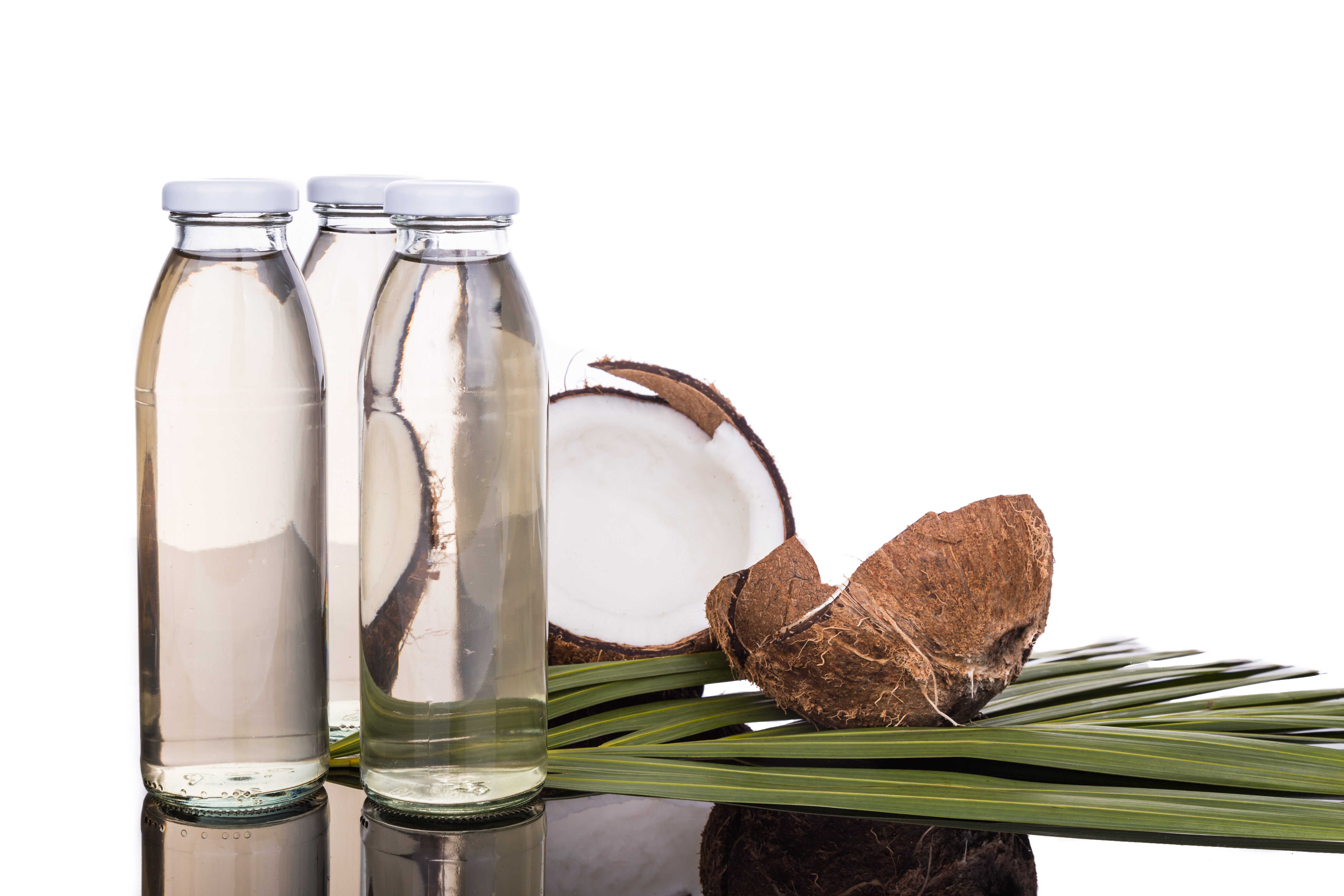What We Do
To prevent the complete collapse of the coconut industry worldwide, there is an urgent need to provide a substantial quantity of new plantlets for global replanting efforts.
The Somatic Embryogenesis (SE) technique has undergone ground breaking research at the University of Queensland (UQ) over the last 25 years and now successfully produces coconut varieties on a moderate scale. KokoNiu in collaboration with UQ aims to improve the capacity of this protocol to multiply material from resistant or tolerant plants, to provide a means to achieve this outcome.
The future of global coconut production and livelihoods of millions of farmers critically depends on the availability of genetic diversity and the sustainable use of this broad genetic base to breed improved varieties on a scale required to provide an average of twelve Million plantlets per country per year for the next twenty years.
KokoNiu aims to dominate this space by establishing a CTC Laboratory to enable rapid multiplication of commercially valuable varieties. This transformational technological advancement will enable mass production of quality planting material that would accelerate planting programs desired by many countries.
The Company plans to set up its own CTC Laboratory to produce elite ‘true to type’ coconut plantlets for the domestic and international markets. Further KokoNiu intends to license the technology to industry partners worldwide.
In the future KokoNiu plans to establish Australia’s first coconut gene-bank in Northern Australia along with an attached nursery and demonstration plantation to further develop elite varieties for micro propagation.





